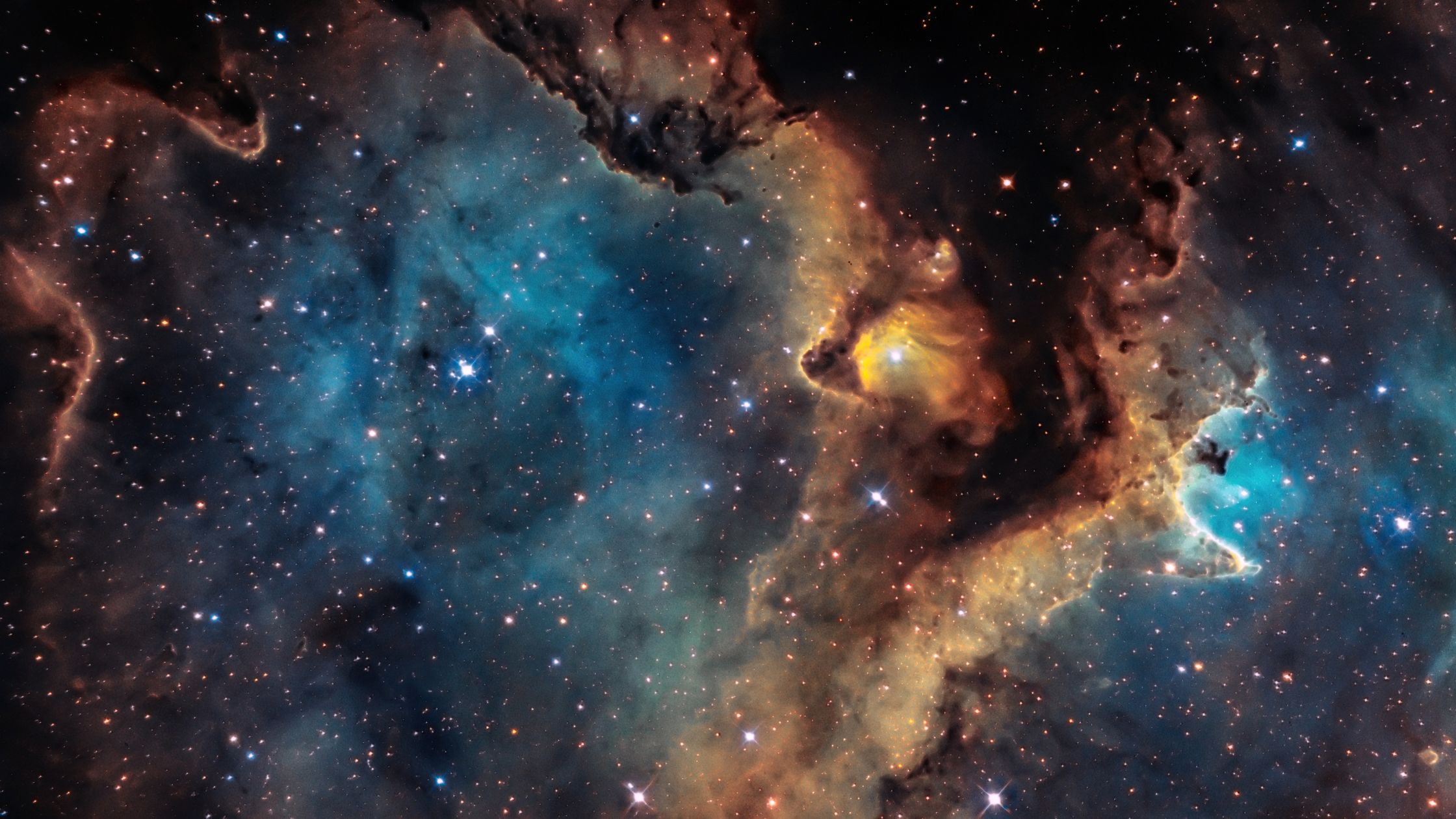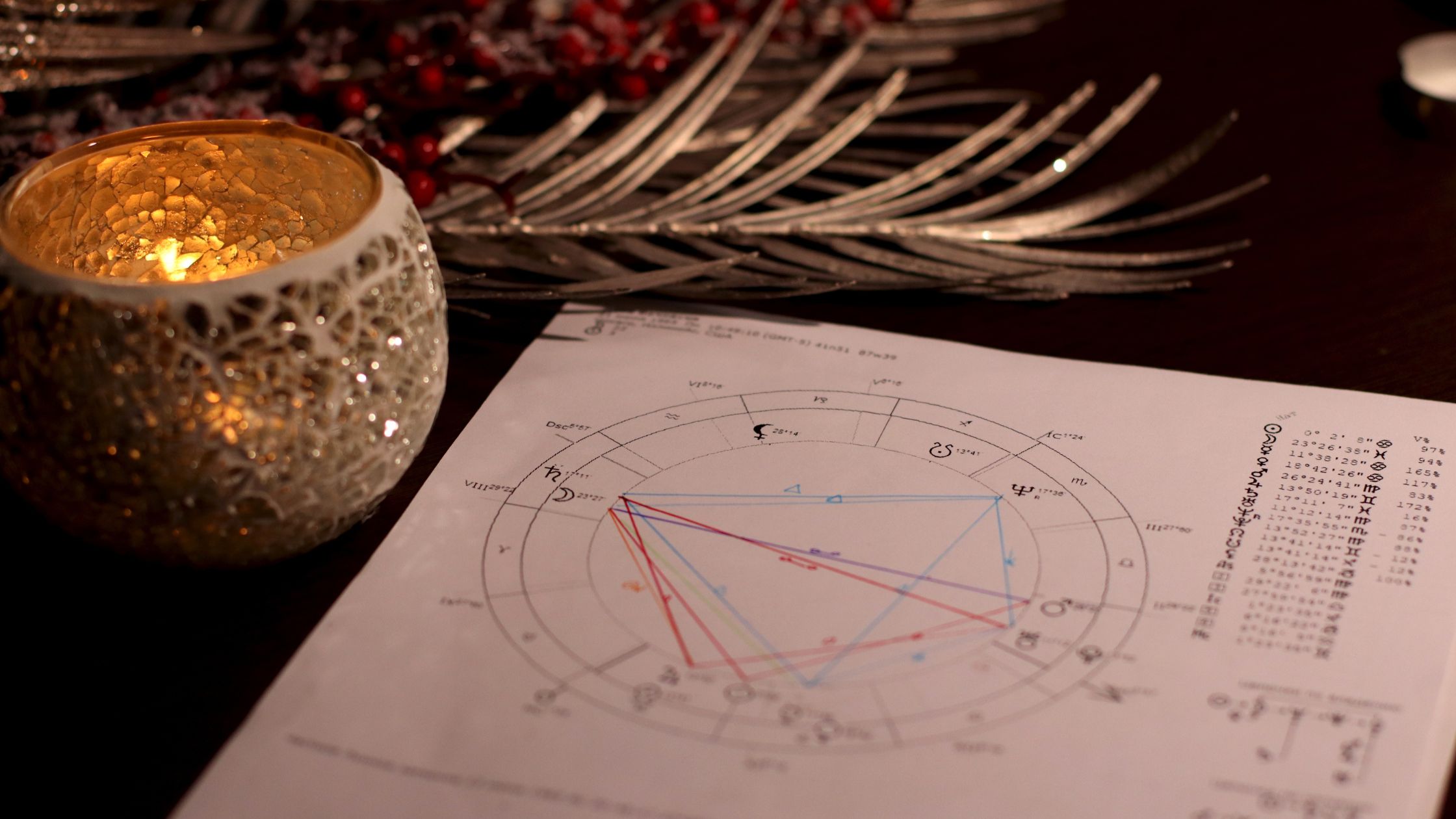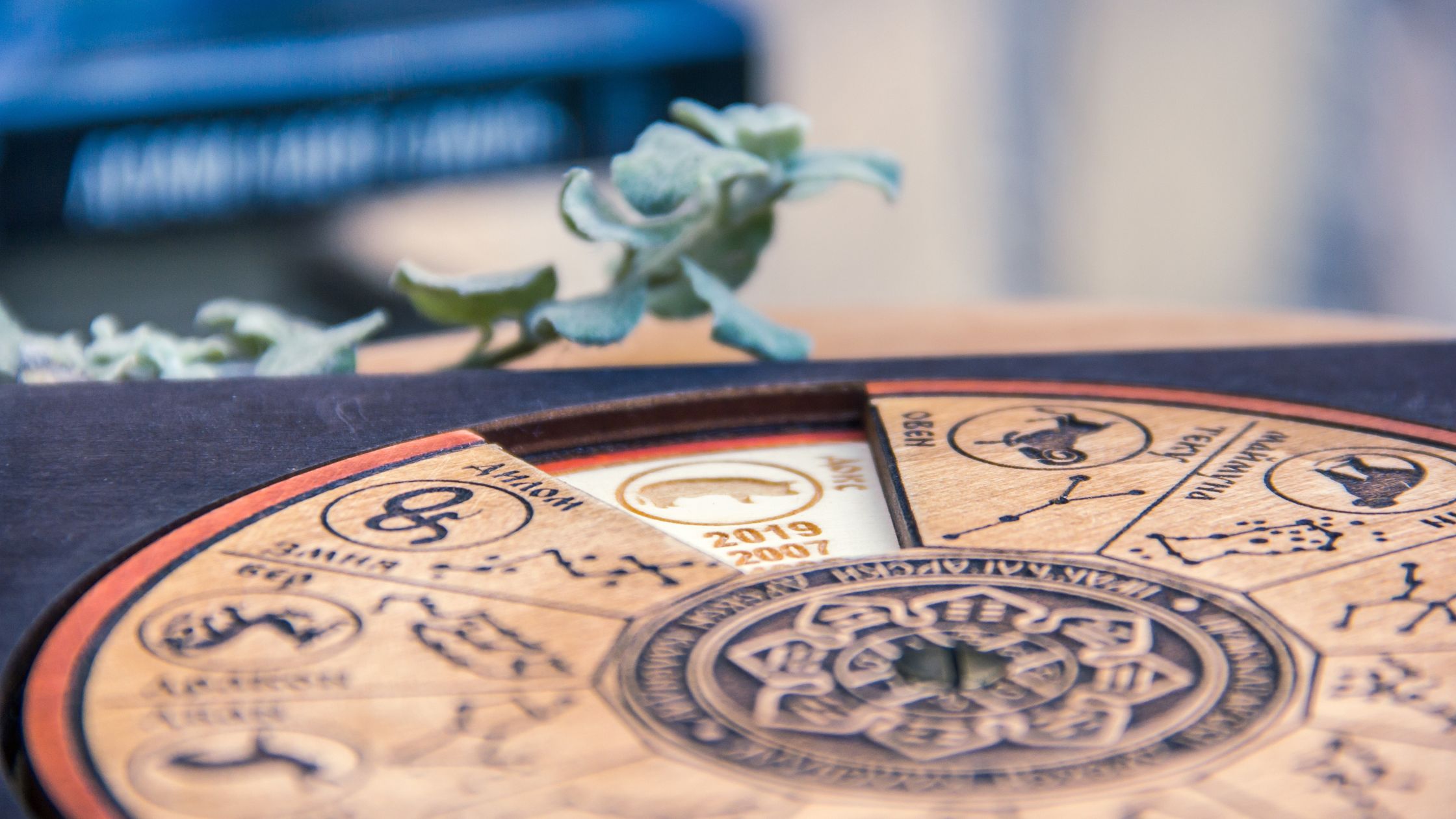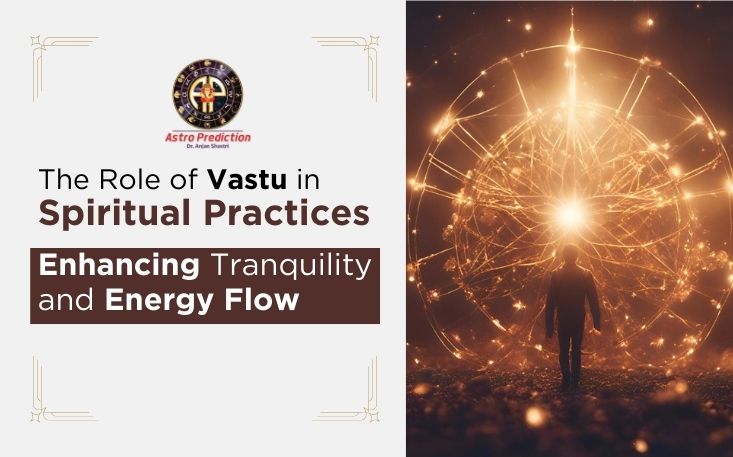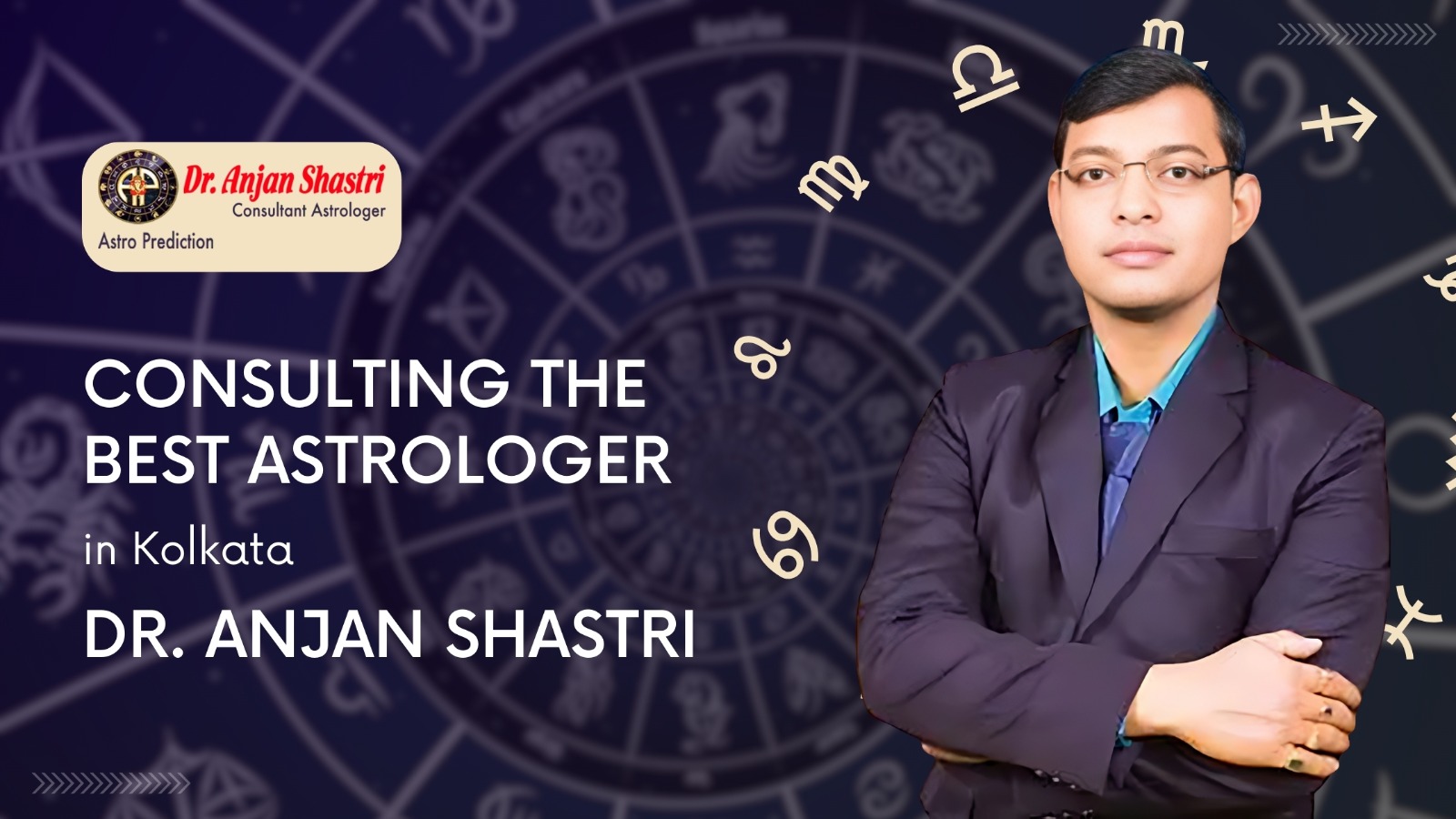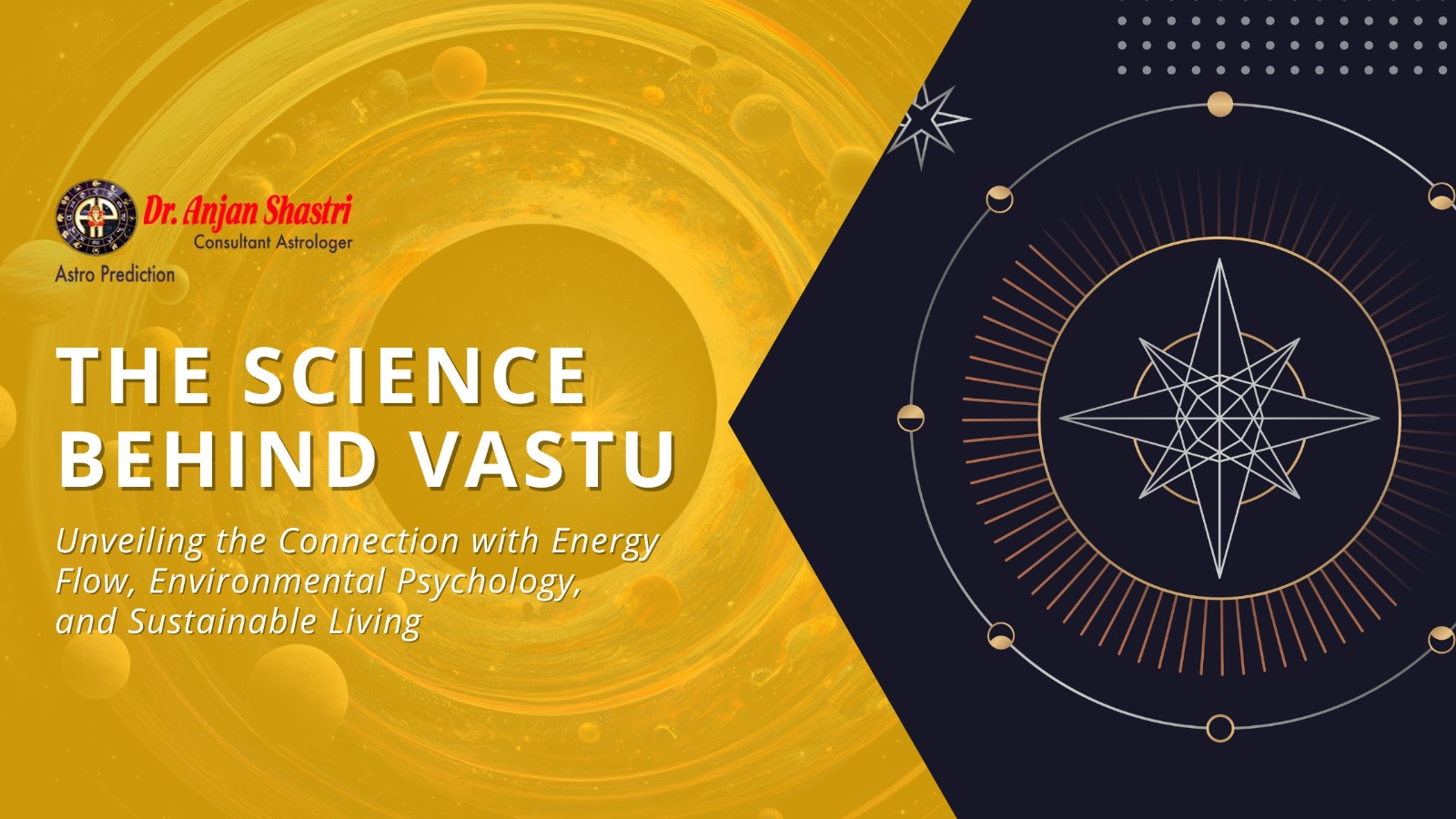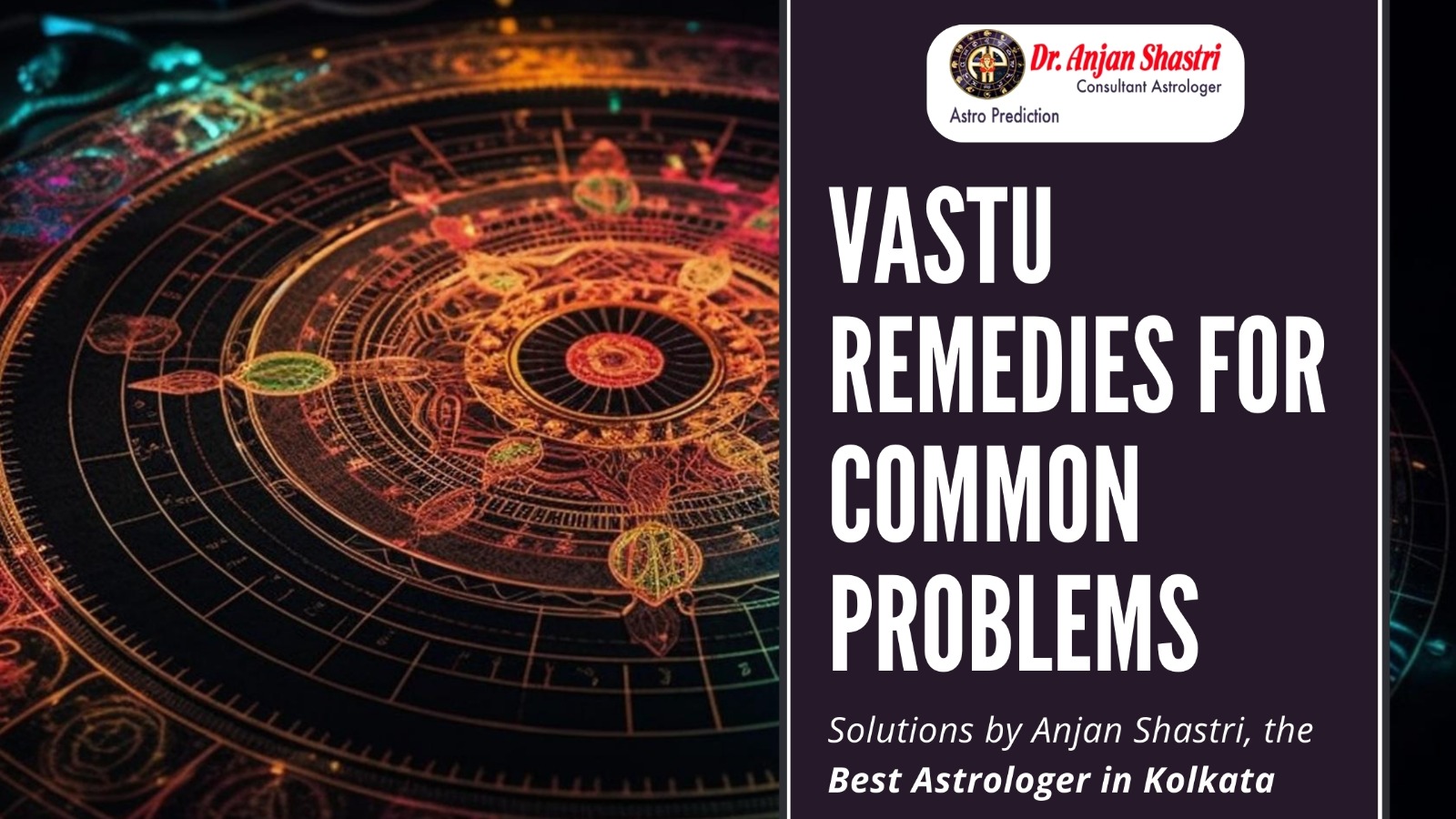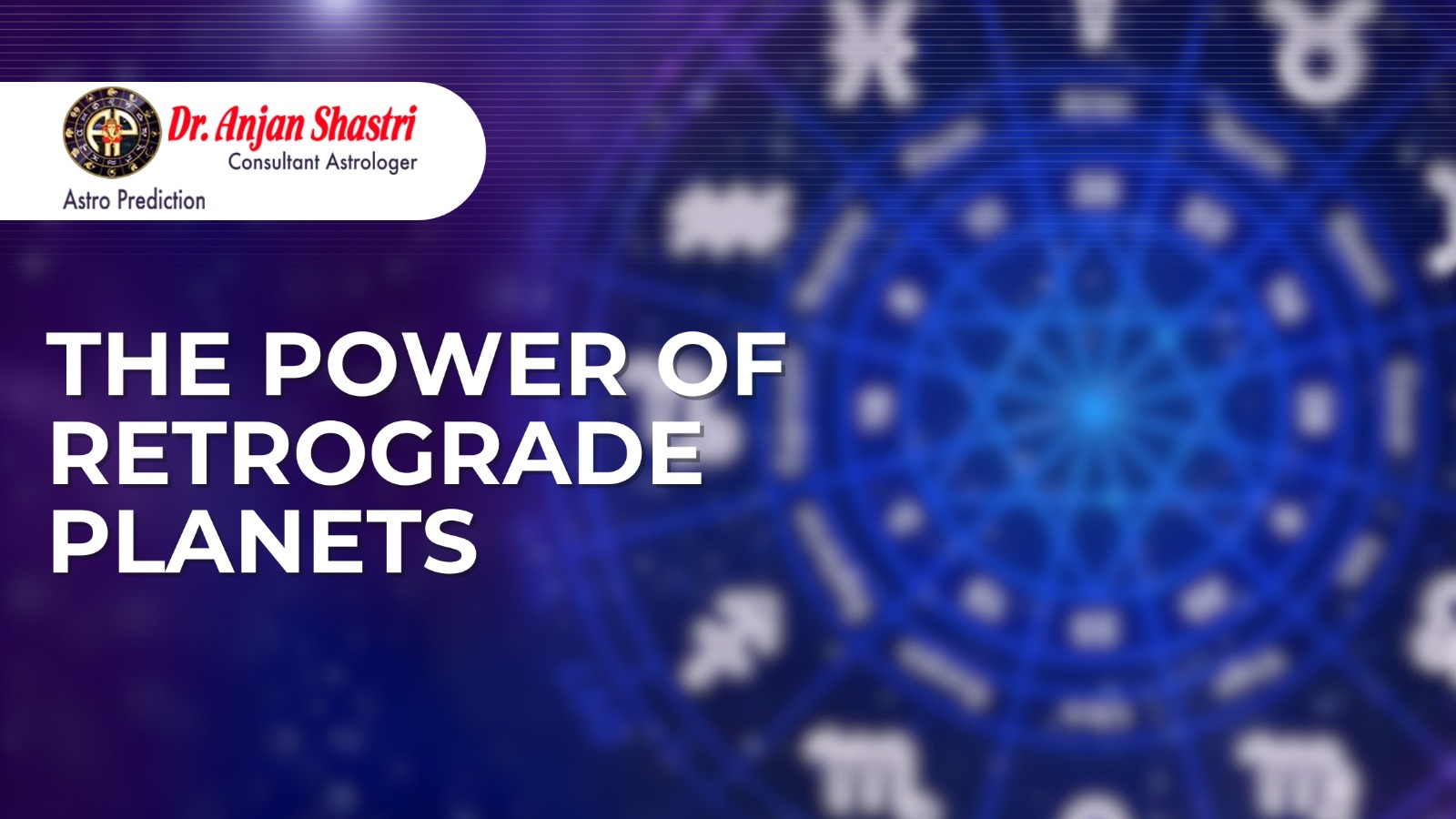Astrology, for many, is a tool for self-reflection and understanding rather than a strict determinant of fate. Here are some ways you might incorporate astrological knowledge into overcoming life’s obstacles:
- Self-awareness: Astrology can provide insights into your personality traits, strengths, and weaknesses. By understanding these aspects of yourself, you can better navigate challenges and capitalize on your strengths.
- Timing: Astrology often emphasizes timing and cycles. Knowing when certain planetary transits occur can help you anticipate potential challenges or opportunities. Use this knowledge to prepare yourself mentally and emotionally for what lies ahead.
- Decision-making: When facing a tough decision, consulting your astrological chart or seeking guidance from an astrologer can provide additional perspective. Consider how planetary alignments might influence your choices and outcomes.
- Personal growth: Astrology encourages continuous self-improvement. Reflect on astrological themes related to your current obstacles and use them as opportunities for personal growth and development.
- Spiritual practice: For many, astrology is intertwined with spirituality. Engage in practices such as meditation, journaling, or rituals that align with astrological principles to cultivate inner peace and resilience in the face of challenges.
- Seeking guidance: Consult with a professional astrologer for personalized insights and advice. They can provide a deeper understanding of your astrological chart and how it relates to your current life circumstances.
- Astrological remedies: Some believe in using astrological remedies, such as wearing specific gemstones, performing rituals, or practicing certain forms of astrology-based healing, to mitigate obstacles indicated in their charts.
- Mindfulness: Practice mindfulness to stay present and grounded during challenging times. Astrology can be a tool to help you recognize patterns and tendencies in your life, allowing you to respond to obstacles with greater clarity and equanimity.
Remember, while astrology can offer valuable insights and perspectives, it’s essential to balance it with critical thinking and personal responsibility. Ultimately, how you choose to utilize astrological knowledge in overcoming life’s obstacles is a deeply personal journey.



